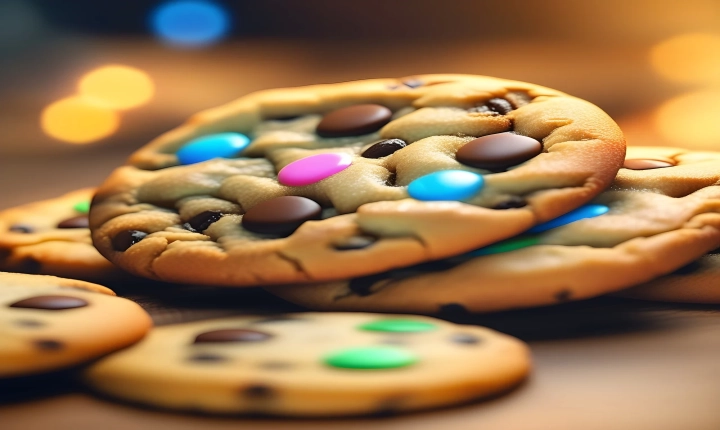Title: Does AI Have Creativity? Exploring the Potential of Artificial Creativity
Artificial intelligence (AI) has made significant strides in recent years, revolutionizing various industries and redefining the way we interact with technology. One of the most fascinating and controversial topics surrounding AI is its potential for creativity. Can AI truly exhibit creativity, or is it simply replicating human behavior through pre-programmed algorithms? Let’s explore the current state of AI creativity and its implications for the future.
Defining Creativity in AI
Creativity is often defined as the ability to generate novel ideas, solutions, or expressions that are both original and valuable. In the context of AI, the concept of creativity is multifaceted, encompassing various forms of expression and problem-solving. AI systems have been designed to compose music, generate art, write poetry, and even develop new scientific theories. These capabilities raise the question of whether AI can genuinely be considered creative.
AI and Creativity in the Arts
AI has demonstrated impressive proficiency in producing art, music, and literature that is indistinguishable from human-created works. For example, AI-powered platforms like DeepArt and DeepDream can generate intricate and visually stunning artwork, while music composition algorithms can create original musical pieces that rival those composed by humans. These advancements have sparked debates about the authenticity and originality of AI-generated creativity.
However, some argue that AI’s ability to create art is limited to replicating existing styles and patterns rather than producing truly innovative and groundbreaking works. Critics contend that AI lacks the emotional depth, intuition, and personal experience that often drive human creativity. While AI can analyze vast datasets and identify patterns, it may struggle to capture the depth of human expression and emotion in creative works.
AI and Creativity in Problem-Solving
In addition to artistic endeavors, AI has shown promise in innovative problem-solving and idea generation. Machine learning algorithms can explore vast solution spaces, uncovering novel approaches to complex problems. AI has been utilized in architecture, design, and engineering to optimize structures and processes, often producing solutions that surpass human-generated designs in efficiency and functionality.
AI’s ability to generate solutions to intricate problems demonstrates its capacity for creative problem-solving. By processing and synthesizing large volumes of data, AI can propose unconventional solutions and strategies that human minds may not have conceived. This form of creativity, although devoid of emotional or aesthetic expression, highlights AI’s potential to drive innovation in various fields.
Ethical and Philosophical Implications
The rise of AI creativity raises ethical and philosophical questions about the nature of creativity, authorship, and originality. As AI systems become more adept at producing creative works, concerns about intellectual property rights, artistic authenticity, and the role of human creativity in society have become increasingly pertinent. Furthermore, the advent of AI as a creative force challenges traditional definitions of creativity and the human experience, prompting deeper reflections on the essence of creativity itself.
The Future of AI Creativity
While AI’s current creative capabilities may be limited in certain aspects, ongoing research and development endeavors are pushing the boundaries of what AI can achieve in terms of creativity. Advancements in generative adversarial networks (GANs), reinforcement learning, and natural language processing are enhancing AI’s capacity to exhibit nuanced and innovative forms of creativity across diverse domains.
In the future, AI-driven creativity could lead to collaborations between human creators and intelligent machines, resulting in synergistic and boundary-pushing works of art, design, and innovation. However, as AI’s creative potential continues to evolve, it is essential to address concerns related to ethical use, accountability, and the preservation of human creativity and ingenuity in an increasingly AI-driven world.
In conclusion, the question of whether AI possesses creativity is complex and multifaceted. While AI has demonstrated remarkable abilities in generating art, music, and solutions, the nature of its creativity and its implications for society remain subjects of ongoing debate and exploration. As AI continues to evolve, its potential for creativity will undoubtedly shape the future of human-machine interactions and the very landscape of creativity itself.
